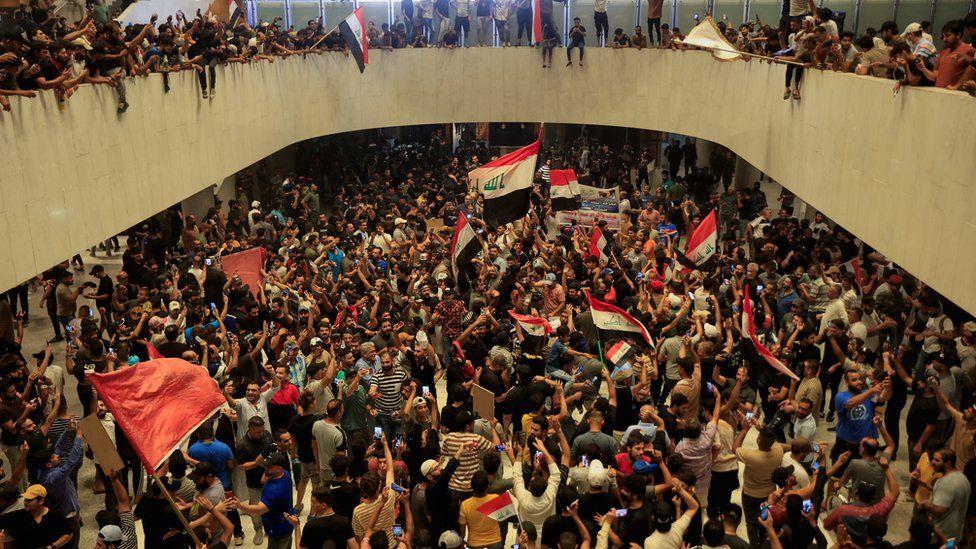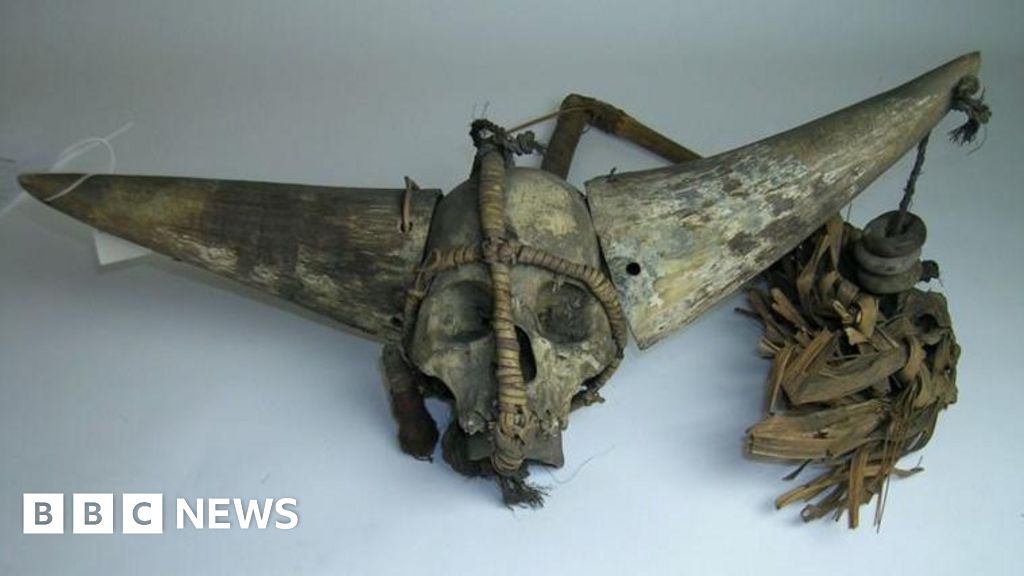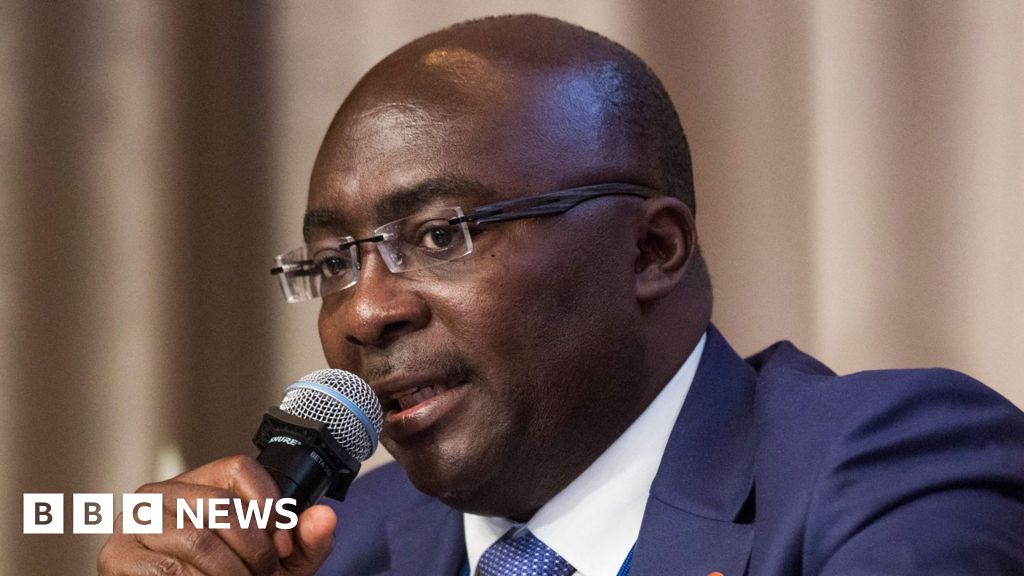ARTICLE AD BOX
By James FitzGerald
BBC News
 Image source, Reuters
Image source, Reuters
Supporters of an influential Shia cleric are opposed to the nomination of a rival candidate for prime minister
Hundreds of protesters have breached a high-security zone in Baghdad and broken into Iraq's parliament building.
The supporters of cleric Muqtada al-Sadr oppose the nomination of a rival candidate for prime minister.
Mr Sadr's political alliance won the most seats in last October's general election, but it is not in power due to political deadlock following the vote.
Police reportedly fired teargas and water cannon at the protesters. No lawmakers were present at the time.
Image source, EPA
Image caption,Demonstrators were targeted with water cannon by security forces
The group penetrated Baghdad's closely-guarded Green Zone - which is home to a number of the capital city's most important buildings including embassies.
A security source told the AFP news agency that the security forces initially appeared to have halted the intruders, before they "stormed the parliament".
Iraq's current prime minister, Mustafa al-Kadhimi, called on protesters to leave the building while the crowd sang, danced and lay on tables.
Image source, Getty Images
Image caption,One protester was seen lying on the desk of the speaker of the Iraqi parliament
The unrest follows nine months of stalemate, during which disputes between the country's different political factions have prevented the creation of a new government.
Mr Sadr, a Shia cleric who opposed American intervention in Iraq, claimed victory for his nationalist Saeroun movement following October's election.
But it has proved impossible since then to build a new governing coalition, as Mr Sadr has refused to work with rivals.
He and his supporters have opposed the candidacy of Mohammed al-Sudani for prime minister, as they believe him to be too close to Iran.
Image source, Reuters
Image caption,Police were initially said to have halted the protest before demonstrators broke through to the parliament
Wednesday's scenes served as a reminder of the multiple crises faced by Iraq, despite its oil-rich status.
Mass protests erupted in 2019 amid public anger over corruption, unemployment and the state of public services.
Hundreds of people were killed by the security forces at the time, according to Human Rights Watch.
Mr Sadr's supporters also managed another parliament break-in during unrest in 2016.
On Wednesday, the UN mission in Iraq said protesters had a right to demonstrate - as long as their actions remained peaceful and legal.

 2 years ago
14
2 years ago
14








 English (US)
English (US)